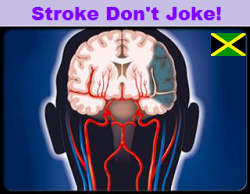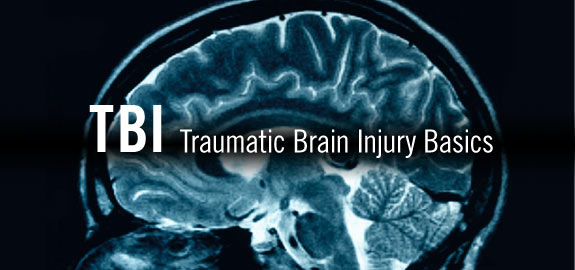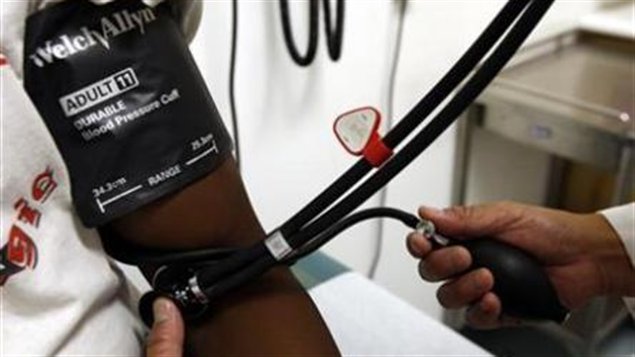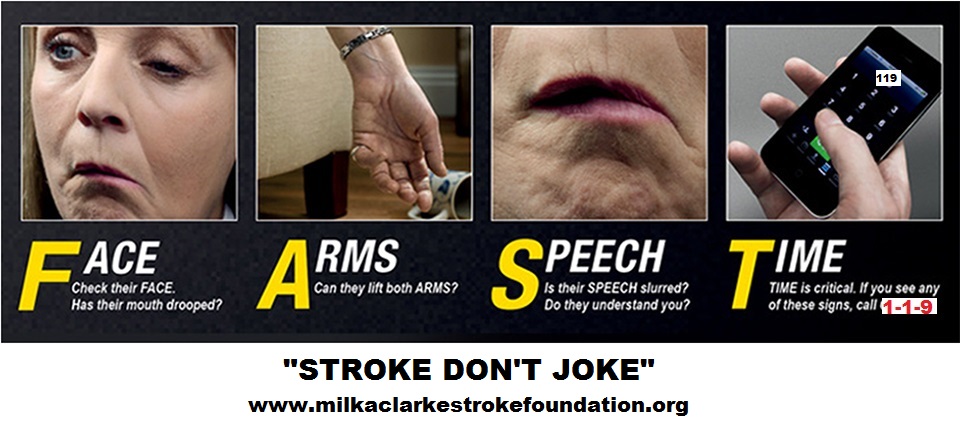What is post-stroke fatigue?
Post-stroke fatigue, the invisible symptom, affects between 40 and 70 percent of stroke survivors. It can make you feel unwell and like you are not in control of your recovery. The lack of energy and the need for frequent rest breaks can make it difficult for you to participate in rehabilitation and other everyday activities.
Post-stroke fatigue is often confused with “being tired.” It is not necessarily the same as tiredness, because it arrives without warning and rest does not always make it better. It occurs differently in every individual. It may feel like you are hitting the wall, physically, emotionally, and/or mentally.
Many factors can influence your level of fatigue following a stroke, including:
- Depression. You may feel tired because of depression which is very common after a stroke
- Sleep. Irregular sleep cycles and disrupted sleep is also common after stroke
- Medications. Some medications may make you more tired than usual
- Post-stroke affects. Physical post-stroke symptoms such as upper limb weakness, paralysis make movement and activities of daily living require more energy
- Pain. If you are experiencing pain following your stroke it requires energy to cope
Can post-stroke fatigue be treated?
There is no specific treatment or medication to treat post-stroke fatigue. Talk to your healthcare professional to get an accurate diagnosis for the cause of your fatigue. If fatigue is a side effect of medications you are taking perhaps doses, time of day, or an alternative medication might help. If depression seems to be the root cause of your fatigue it can be treated in a number of ways. An accurate picture of the cause of the post-stroke fatigue is necessary for proper treatment.
Tips to live with post-stroke fatigue
Most stroke survivors start feeling less tired after a few months. Making changes to some of your activities can help reduce the grinding burden of fatigue and promote recovery. Being tired is very common after a stroke, so remember it is not your fault. Here are some ideas to incorporate into your daily life that can help as you move forward with recovery:
- Communicate. Your fatigue may not be obvious to others so talk to your friends, family and employer about what you are experiencing.
- Rest. Give yourself plenty of time to rest, including naps or scheduled rest periods during the day.
- Moderation. Don’t push yourself too hard, especially not if you are having a good day, it will leave you exhausted the next day.
- Journal. Keep a diary of how much you are doing every day. Celebrate your successes as you look back and see how far you have come.
- Take your time. Give yourself plenty of time. It may take you longer to get ready to go places. Rushing is exhausting.
- Start small. Build up stamina and strength slowly. Maintain some level of regular exercise and gradually increase it.
- Watch what you eat. Eat a healthy diet. Include plenty of fruits, vegetables and whole grains. Consult your healthcare professional if you have questions about what diet is best for you.
- Listen to your body. You are the expert on how you feel.

 RSS Feed
RSS Feed









